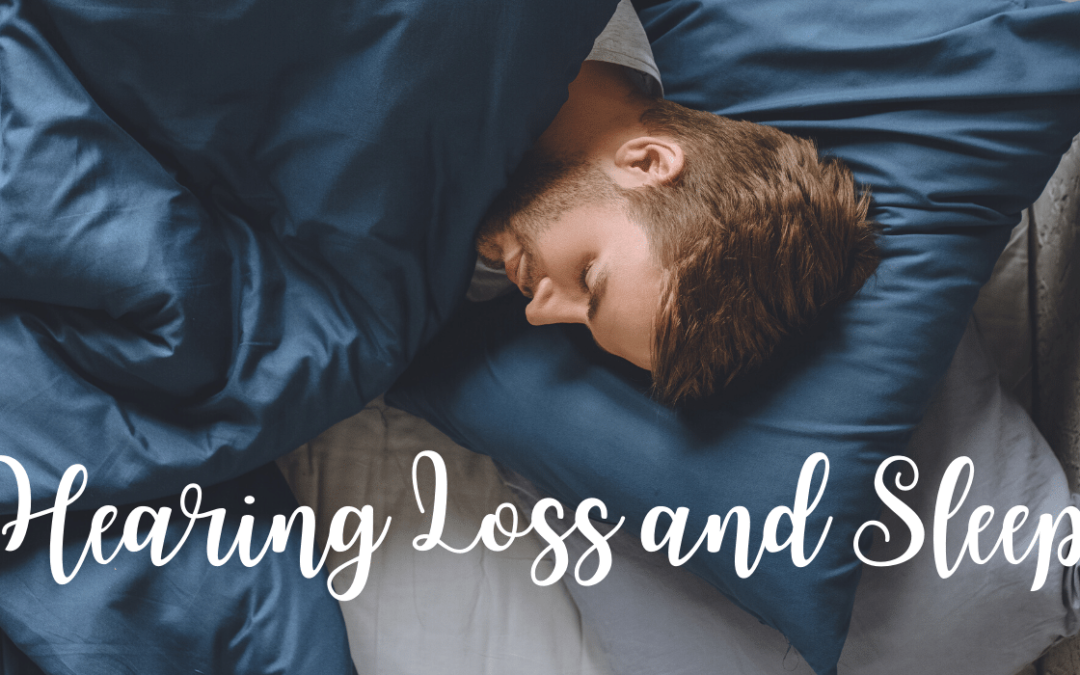We spend about a third of our lives sleeping and this is essential to our health and well-being. Sleep is just as important as eating, drinking and breathing, and is vital for maintaining good mental and physical health. Sleeping helps us to recover from mental as well as physical exertion giving body and mind the chance to recharge. When people struggle with sleeplessness it is more dangerous than only a lost night of sleep. Those with insomnia are at a higher risk of developing dangerous side effects like depression, heart disease, high blood pressure, stroke, diabetes, and obesity. Not only that but when you struggle to get enough sleep for an extend amount of time it can increase the risk of developing hearing loss and tinnitus.
Poor cardiovascular health
A recent study found that people experiencing chronic insomnia had an 18% increased chance of developing cardiovascular diseases including heart attack and stroke in comparison with people who slept well at night. The study found that people who struggled to fall asleep or stay asleep had a 9% higher risk of developing cardiovascular disease. Insomnia can cause poor blood circulation through the body and this includes your complex and fragile inner ears. The tiny hairs known as the cilia in your inner ear detect sounds and send them to the brain to interpret. The cilia depend on adequate blood flow to operate and when your blood flow is diminished due to insomnia this can damage the cilia causing permanent hearing loss.
Sleep Apnea
Sleep apnea is a potentially serious sleep disorder in which breathing repeatedly stops and starts involuntarily as one sleeps. If people tell you that you snore loudly and/or you feel tired even after a full night’s sleep, you might have sleep apnea. When your breathing stops while you sleep oxygen is cut off from your brain and blood causing a risk to ample blood flow to your ears. Some studies revealed that people with sleep apnea often have increased levels of plaque in their blood vessels, constricting blood flow as well, causing damage to your ears.
Tinnitus and Loss of Sleep
Sleep is a 24-hour cycle meaning that what we do while awake affects how we sleep at night. A healthy night of sleep has many stages that are all important to feel properly rested the next day including light to deep sleep with a few brief awakenings during the night. These awakening are a normal healthy part of the sleep cycle, so activities that we carry out in the day will affect that night’s sleep. A normal night’s sleep has several stages, from light to deep sleep, and includes several awakenings. These awakenings are usually forgotten by the morning, but if you are living with tinnitus, then this condition can take over your short awakenings and turn them into stressful insomnia. Tinnitus is the perception of noise or ringing in the ears though the source is not external. Tinnitus is caused often from noise induced or age-related hearing loss. Insomnia can make tinnitus worse while the reverse is also true. Tinnitus can make it hard to sleep while not getting enough rest exasperates tinnitus.
Seek Treatment Today
Undiagnosed and untreated hearing loss can make it hard to communicate with the people in your life whether it be your loved ones, friends or co-workers. When you struggle to communicate daily it can be more tempting to withdraw from social situations and put a strain on your intimate relationships causing unneeded stress anxiety and social isolation. If you believe you are living with undiagnosed hearing loss, causing unneeded anxiety and sleeplessness, make sure to schedule an appointment for a hearing test as soon as possible. New hearing aids can help you hear in these unnerving situations making you anxiety and sleeplessness less acute. It is said that the longer you delay in treating your hearing loss the worse the condition and its many side effects can become. The same can be said for insomnia, whether it is from stress, anxiety, depression, poor circulation, sleep apnea or tinnitus. If you are struggling with insomnia contact your doctor to discover what options you have to get the healthy night sleep you deserve.

